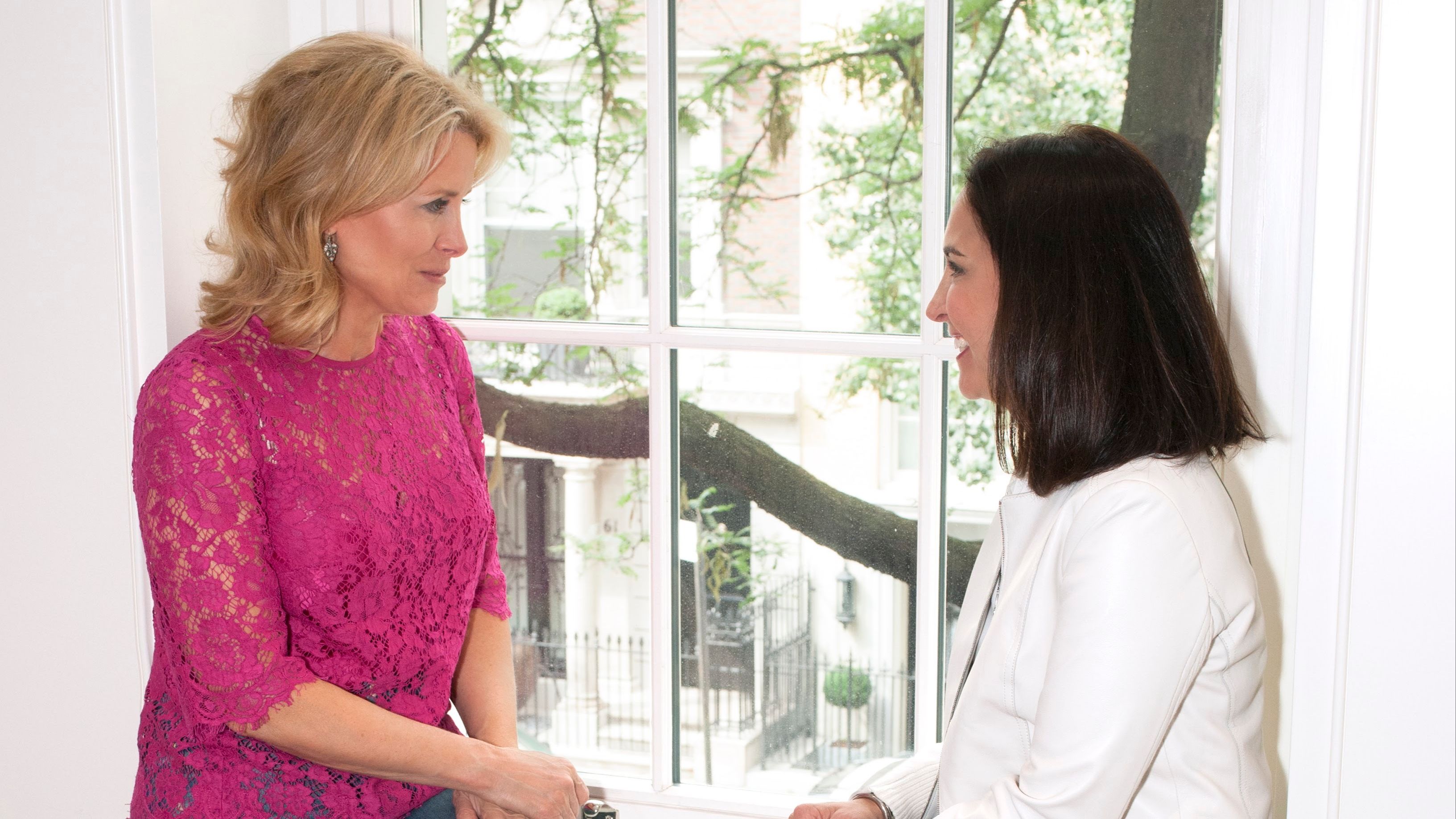
Businesses Fail. Your partnership doesn't have to.
Aug 18, 2023One of my biggest personal accomplishments is remaining close friends with my last business partner, Catherine, after our business failed. There was no greater comfort than to know that we'd done everything we could and were still there for one another in the darkest days.
Most people advise against going into business with a friend or family member. We all know siblings and friends who no longer speak to one another because of business issues, but the fact is that many partnerships arise from friends and family having a shared idea or vision.
So what can you do to protect these primary relationships?
There's one key factor that worked for us: working through an operating agreement that detailed every conceivable outcome for our business-- all the improbable, but possible life and businesses changes that could happen to affect our partnership.
You will have unpleasant conversations as you iron out the details! But once the agreement is stamped for approval by you, your partner and your lawyers, you've saved yourself many misunderstandings later on.
Still, creating a formal partnership agreement that outlines the ownership structure, profit-sharing, decision-making process, and procedures for resolving disputes will go a long way to avoid conflict.
What is one person loses interest or can't work in the business as planned? What if one prioritizes their time differently than the other?
If one partner dies, what happens to their share of the business?
It goes without saying that you should start by making sure that you deeply trust and respect your partner. Knowing that you're equally honest, committed and capable of your responsibilities goes a long way as a starting point.
Here are some key steps to take in the day to day running of your business:
- Define clear roles and responsibilities: Clearly outline the roles, responsibilities, and expectations for each partner. This is harder than it sounds because the needs of the business change over time. Regardless, having a plan will help you avoid misunderstandings.
- Acknowledge your communication styles and maintain open and honest communication. I have never steered away from difficult conversations, but some of my business partners have been conflict-avoidant. So, I definitely try to communicate less aggressively. Set up regular meetings to discuss progress, challenges, and any concerns that may arise to avoid resentment and miscommunication.
- Separate friendship from business: Maintain a professional attitude in business dealings and decisions, especially when you have a personal relationship with your partner. This helps ensure that emotions don't cloud judgment and that decisions are made in the best interest of the company.
- Set shared goals and objectives: Establish clear, shared goals and objectives for the business, and develop a plan to achieve them. This helps ensure both partners are aligned and working towards a common purpose.
- Celebrate successes and learn from failures: Acknowledge and celebrate your accomplishments together. When setbacks occur, view them as learning opportunities and work together to overcome them.
- Be flexible and adaptable: The business landscape can change quickly, and it's essential to be open to change and willing to adapt. Be prepared to pivot or revise your plans when necessary.
- Develop a strong support network: Surround yourselves with a network of advisors, mentors, and other professionals who can provide guidance and support as your business grows.
- Trust each other: Trust is the foundation of any partnership. Believe in each other's abilities, intentions, and commitment to the business. Trust will help you navigate through difficult times and make tough decisions together.
- Address conflicts and disagreements promptly: Inevitably, conflicts will arise. Address them head-on and with open communication. Develop a process for resolving disputes and commit to finding a solution that is in the best interest of the business.
Following these guidelines means that I still vacation with my ex-partner Catherine and consider her one of my very closest friends. I get to remember some of our best days and our shared history and feel pride in everything that we accomplished together.
A failed business is devastating enough. Going through it with a close ally can make the situation much more bearable. Agree to feel uncomfortable in the beginning while you work through your partnership details, so that your partnership remains intact at the end!




